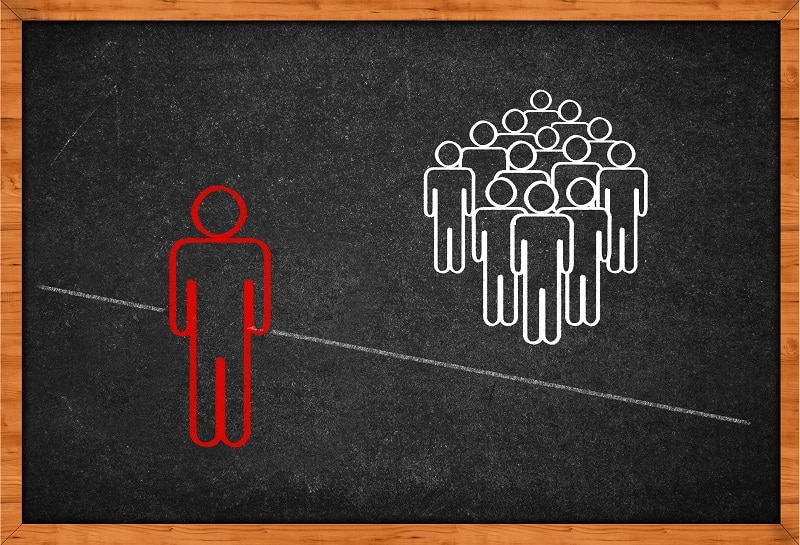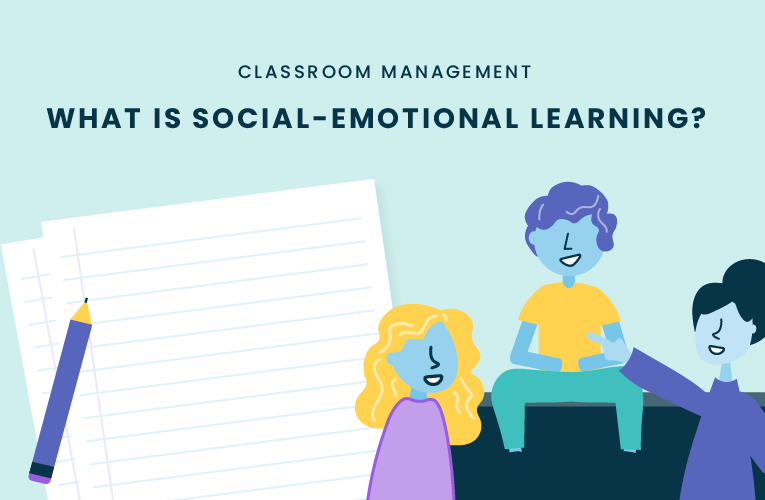Choosing the right school for your child is one of the most important decisions you will make as a parent in Dehradun. Beyond academics, the emotional and social development of your child is equally vital for their overall growth. Schools today increasingly focus on Social-Emotional Learning (SEL), and measuring its effectiveness is essential. This is where Social-Emotional Learning Metrics come into play, helping educators assess and improve student well-being.
Verified Campus, the best school listing portal in Dehradun, enables parents to identify schools that prioritise SEL and track their impact through meaningful metrics
What are Social-Emotional Learning Metrics?
Social-Emotional Learning Metrics refer to the tools and methods used to evaluate students’ social and emotional skills, such as self-awareness, empathy, relationship-building, and emotional regulation. These metrics provide measurable data to help schools understand how well students are developing critical life skills alongside academic knowledge.
Parents exploring schools on Verified Campus, the best school listing portal in Dehradun, should consider institutions that effectively measure and support SEL.
Importance of Social-Emotional Learning Metrics
SEL is linked to better academic performance, improved mental health, and positive social behaviour. Measuring SEL outcomes helps schools:
-
Track student progress beyond academics
-
Identify students needing additional support
-
Tailor interventions to enhance social and emotional growth
-
Communicate SEL progress with parents and stakeholders
Using Social-Emotional Learning Metrics ensures that schools nurture well-rounded individuals prepared for life’s challenges.

Types of Social-Emotional Learning Metrics
1. Self-Report Surveys
Students provide feedback on their feelings, attitudes, and social skills through standardised questionnaires. These surveys gauge self-awareness, self-management, and relationship skills.
2. Teacher and Peer Assessments
Teachers and classmates observe and rate behaviours like cooperation, empathy, and conflict resolution. This multi-source feedback gives a broader perspective on student SEL.
3. Behavioural Observations
Schools track behaviours such as attendance, participation, and incidents of bullying or conflicts, which indicate social-emotional development or challenges.
4. Performance Tasks and Scenarios
Students engage in role-playing or problem-solving tasks that simulate real-life social situations, allowing evaluators to assess emotional responses and interpersonal skills.
Implementing Social-Emotional Learning Metrics in Schools
Schools listed on Verified Campus incorporate SEL metrics through:
-
Regular assessments embedded within the curriculum
-
Training teachers to observe and record social-emotional behaviours
-
Using digital tools and platforms that track SEL growth over time
-
Engaging families through reports and workshops on SEL progress
Such approaches enable ongoing monitoring and support for student well-being.
Benefits of Using Social-Emotional Learning Metrics
-
Personalised Support: Identifying specific SEL needs allows targeted counselling and skill-building activities.
-
Enhanced Academic Success: Strong SEL skills correlate with better focus, motivation, and classroom behaviour.
-
Improved School Climate: Tracking SEL fosters a safer, more inclusive environment where students feel valued.
-
Parental Engagement: Clear metrics help parents understand their child’s emotional growth and collaborate with schools.

Challenges in Measuring Social-Emotional Learning
Despite its importance, assessing SEL has challenges such as:
-
Subjectivity in self and peer reports
-
Cultural differences affecting emotional expression
-
Balancing quantitative data with qualitative insights
-
Privacy concerns regarding sensitive student information
Effective programs address these by combining multiple metrics and ensuring ethical data practices.
Role of Parents in Supporting Social-Emotional Learning
Parents can reinforce SEL development by:
-
Encouraging open communication about emotions
-
Modelling healthy social interactions
-
Supporting school SEL initiatives and feedback
-
Creating a supportive home environment for emotional growth
Parental involvement amplifies the impact of school-based SEL programs measured by Social-Emotional Learning Metrics.
What to Look for in Schools on Verified Campus
When searching for schools in Dehradun, parents should ask:
-
How does the school assess social-emotional learning?
-
What metrics and tools are used for SEL measurement?
-
How frequently are SEL assessments conducted?
-
How is SEL progress communicated to families?
-
What support systems exist for students needing help?
Schools excelling in these areas demonstrate a commitment to holistic student development.

The Future of Social-Emotional Learning Metrics
As education evolves, SEL is gaining prominence globally. Future trends include:
-
Advanced digital platforms offering real-time SEL data
-
Integration of SEL metrics with academic assessments
-
Greater emphasis on culturally responsive measurement tools
-
Increased collaboration between educators, parents, and mental health professionals
Dehradun’s schools, featured on Verified Campus, are gradually adopting these innovations.
Conclusion
Measuring social and emotional skills through Social-Emotional Learning Metrics is essential to nurturing well-rounded students who succeed academically and personally. Parents looking for schools that prioritise these aspects can trust Verified Campus—the best school listing portal in Dehradun—to guide them to institutions that actively support and assess social-emotional growth.


